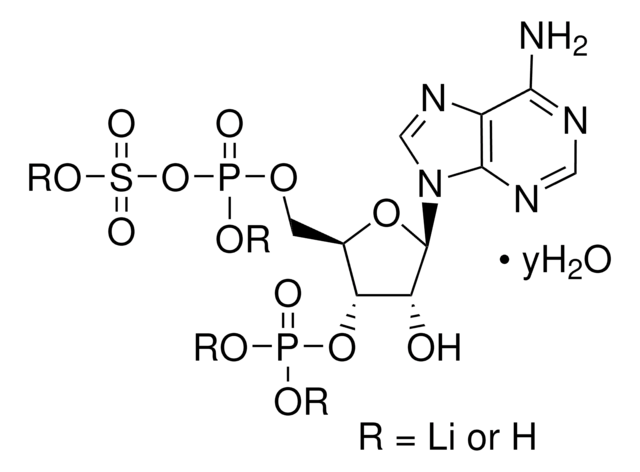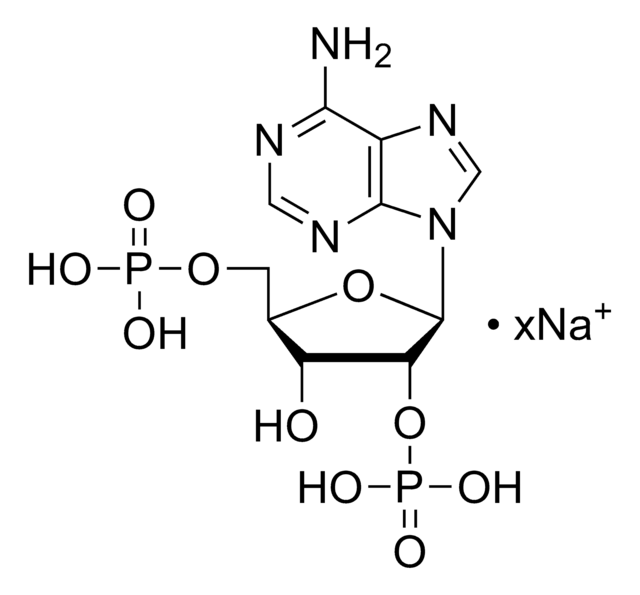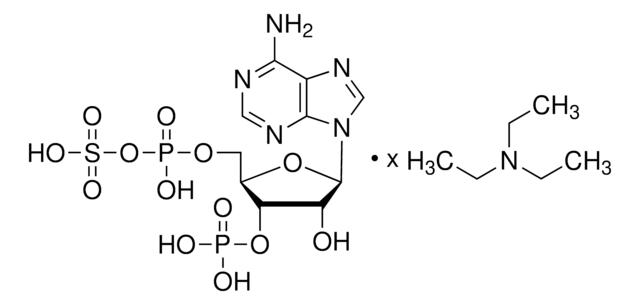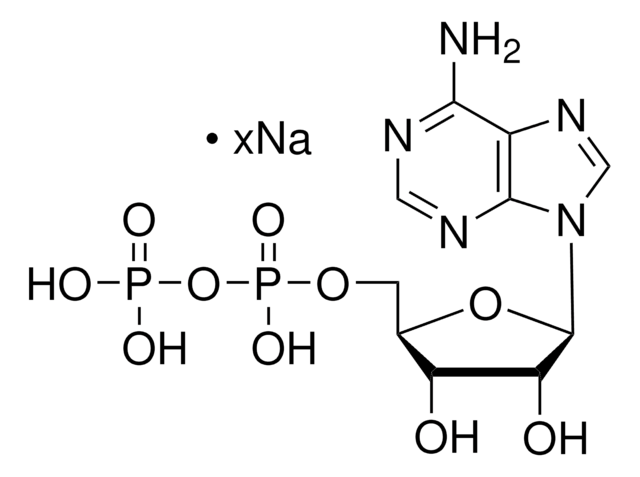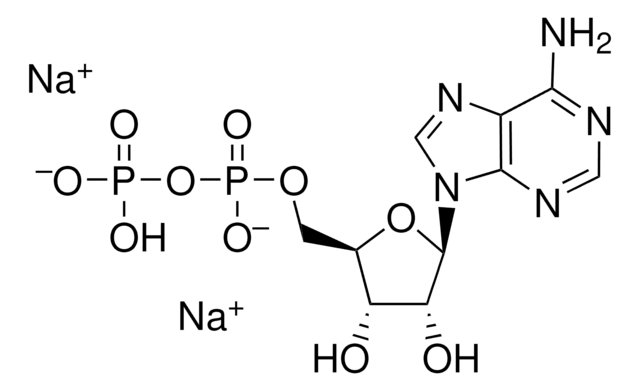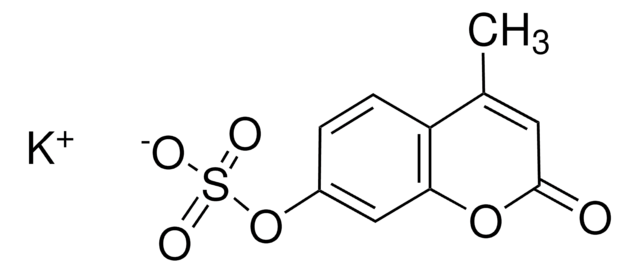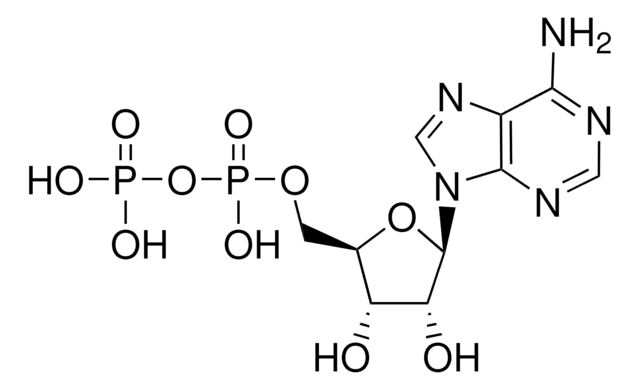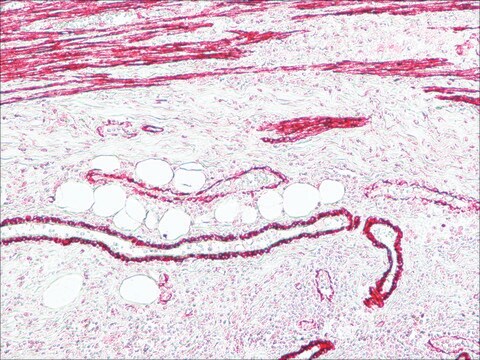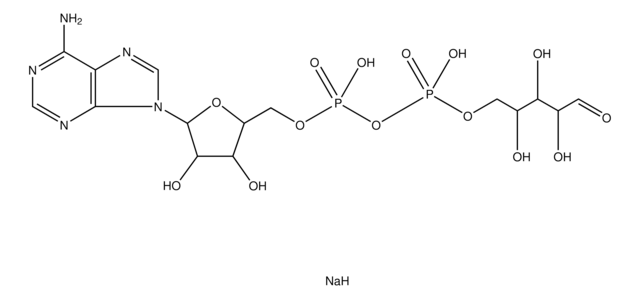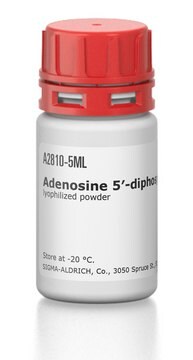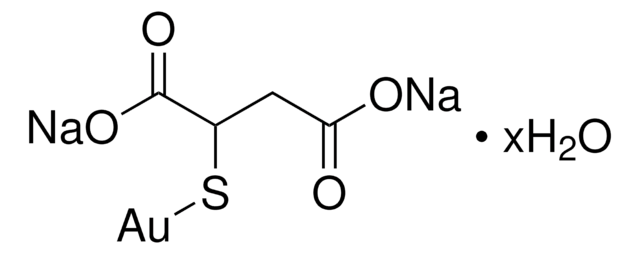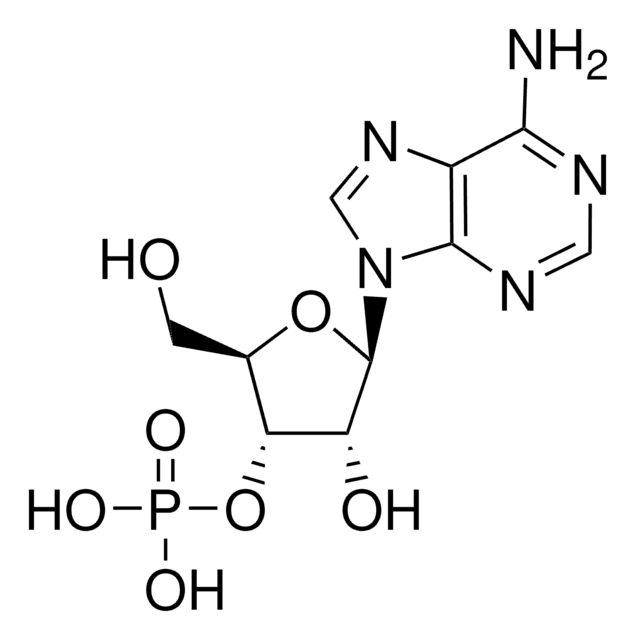A5763
Adenosine 3′,5′-diphosphate disodium salt
≥96%
Synonym(s):
3′-phosphoadenosine 5′-phosphate, 3′-phosphorylated nucleotide, PAP, 3′-Phosphoadenosine 5′-phosphate
About This Item
Recommended Products
biological source
synthetic (inorganic)
Quality Level
Assay
≥96%
form
powder
solubility
water: 25 mg/mL, clear, colorless to very faintly yellow
storage temp.
−20°C
SMILES string
[Na].Nc1ncnc2n(cnc12)C3OC(COP(O)(O)=O)C(OP(O)(O)=O)C3O
InChI
1S/C10H15N5O10P2.Na.H/c11-8-5-9(13-2-12-8)15(3-14-5)10-6(16)7(25-27(20,21)22)4(24-10)1-23-26(17,18)19;;/h2-4,6-7,10,16H,1H2,(H2,11,12,13)(H2,17,18,19)(H2,20,21,22);;
InChI key
ISROZYFZEAVMSP-UHFFFAOYSA-N
General description
Application
- to spot sample on cellulose high-performance thin-layer chromatography (HPTLC) plates in two-dimensional thin layer chromatography
- in enzyme activity assay to study the activities of HOS2/FIERY1 wild type
- hos2 mutant and fiery1?2 mutant protein against 3′-phosphoadenosine 5′-phosphate (PAP)
- as a standard for the quantification of phosphoadenosines
Biochem/physiol Actions
Signal Word
Warning
Hazard Statements
Precautionary Statements
Hazard Classifications
Eye Irrit. 2 - Skin Irrit. 2 - STOT SE 3
Target Organs
Respiratory system
Storage Class Code
11 - Combustible Solids
WGK
WGK 3
Personal Protective Equipment
Choose from one of the most recent versions:
Already Own This Product?
Find documentation for the products that you have recently purchased in the Document Library.
Customers Also Viewed
Our team of scientists has experience in all areas of research including Life Science, Material Science, Chemical Synthesis, Chromatography, Analytical and many others.
Contact Technical Service